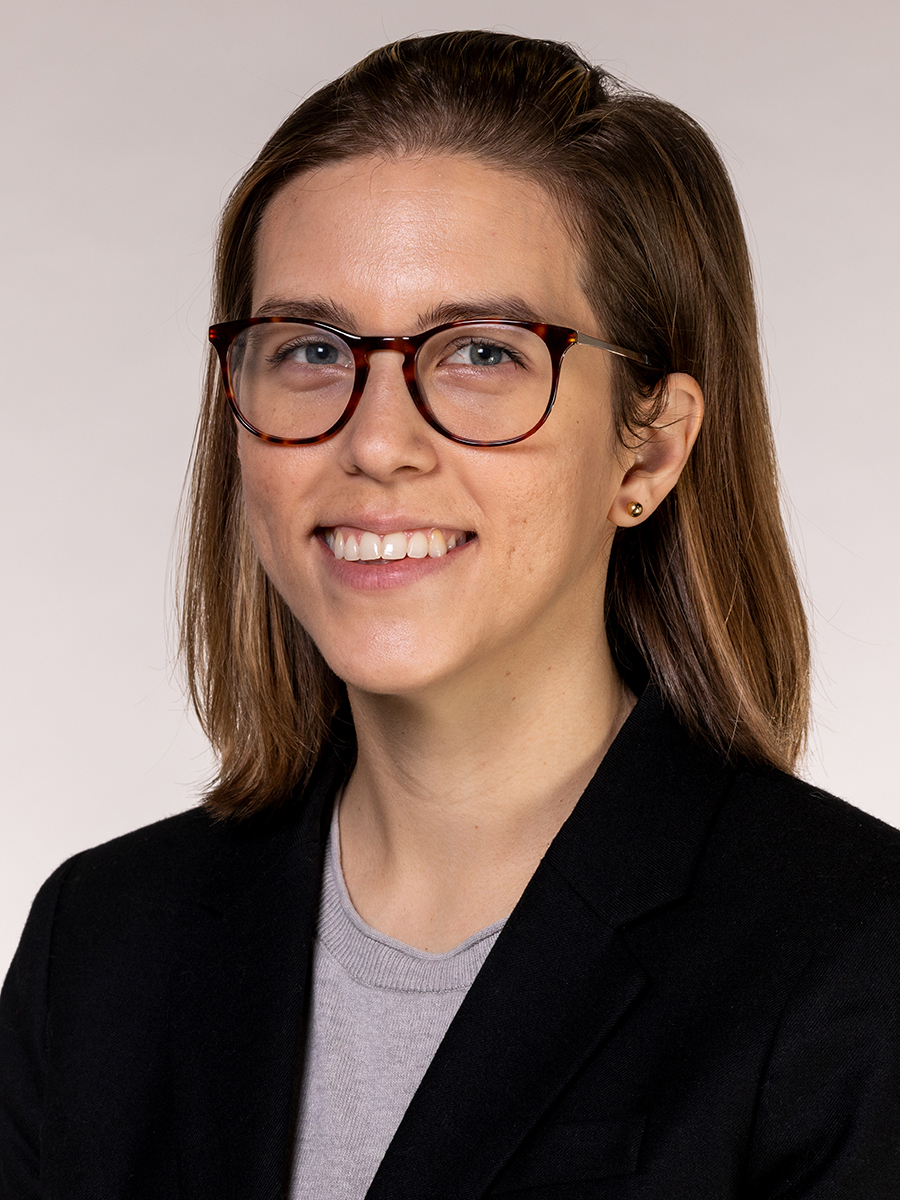
Amy Been Bennett returned to the Department of Mathematics as the Marilyn M. Hitz postdoctoral faculty in 2020. As an undergraduate mathematics major at UNL and a native of McCook, she worked with the Center for Science, Mathematics, and Computer Education on the NCUWM organizing committee and as the AGAM undergraduate coordinator. She received her master’s degree in mathematics and her Ph.D. in teaching and teacher education from the University of Arizona. Her current research focuses on studying equitable, evidence-based instructional practices in undergraduate mathematics courses, as well as developing mathematical modeling curricula at the K–12 and post-secondary levels.
Learn more about Bennett in this Q&A:
Q: What brought you back to UNL?
A: I was ecstatic when I received the postdoc offer from UNL. I had other more permanent offers, but I knew that the climate of the mathematics department was exceptional and the support they could offer me as a new faculty member was the highest quality. There are researchers here in mathematics education who have similar interests to me and I was (and am!) excited to collaborate with them. I knew that UNL had recently made huge strides in undergraduate instruction, especially related to inclusive practices and active learning. And, the fact that all of these qualities existed in one university in my home state was a perfect fit.
Q: Which mathematics courses are you teaching at UNL?
A: I primarily teach math courses for pre-service teachers, so I have taught Math 300 and 301, which are content courses for future elementary teachers, and I hope to teach Math 302 next semester. I am teaching Math 408 currently, which is a culminating content course for future secondary math teachers, and it is a lot of fun. I also taught a brand new graduate topics course last spring called “Research on the Learning of Mathematics,” which was geared toward students who are doing math education research or are interested to learn more about it for their teaching or scholarship.
Q: What are the hardest and most rewarding parts of teaching math?
A: I frequently teach students who have a serious aversion to or even fear of mathematics. I think working with students (especially future teachers) to help reduce their mathematics anxiety is one of the most important and yet challenging parts of my job as an educator. It’s incredibly rewarding when a student is able to work with me or their peers to understand something in a way they’ve never considered before, even if it seemed scary at first.
Q: What kinds of the professional development would you like to do with K–12 teachers?
A: I would love to be more involved with the NMSSI courses for teachers in the summer. I also would like to connect graduate students in our department with K–12 classrooms as part of a collaborative experience, similar to a cooperative experience I had as a graduate student. It’s beneficial to work with school teachers, see where our college students are coming from, and understand how they learn, especially for instructors of the math courses for pre-service teachers.
Q: What is your favorite part of the projects on which you are working?
A: I love collaborating with colleagues on research and teaching endeavors, and thankfully most of my current projects are collaborative efforts. A couple of my projects are related to creating and implementing mathematical modeling tasks at the K–12 level, but in different settings (different tasks, levels, geographical states, etc.). It’s interesting to observe how these factors play a role in how we teach and learn the same mathematics concepts. In all of my work, I try to emphasize an anti-deficit perspective, which explicitly highlights the strengths of the mathematical contributions rather than what they lack. Mathematical modeling tasks are conducive to demonstrating an anti-deficit perspective due to their flexible, open-ended structure.
Q: What are you most looking forward to in your future in math learning and teaching?
A: I look forward to more opportunities in research, teaching, and outreach to promote the belief that anyone can be successful in mathematics, but that there must be effective systems that support all students equitably. I hope to contribute to those equitable systems for student learning through my work.